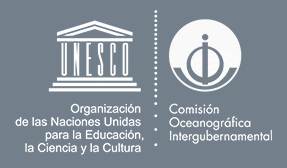Displaying 893 results.
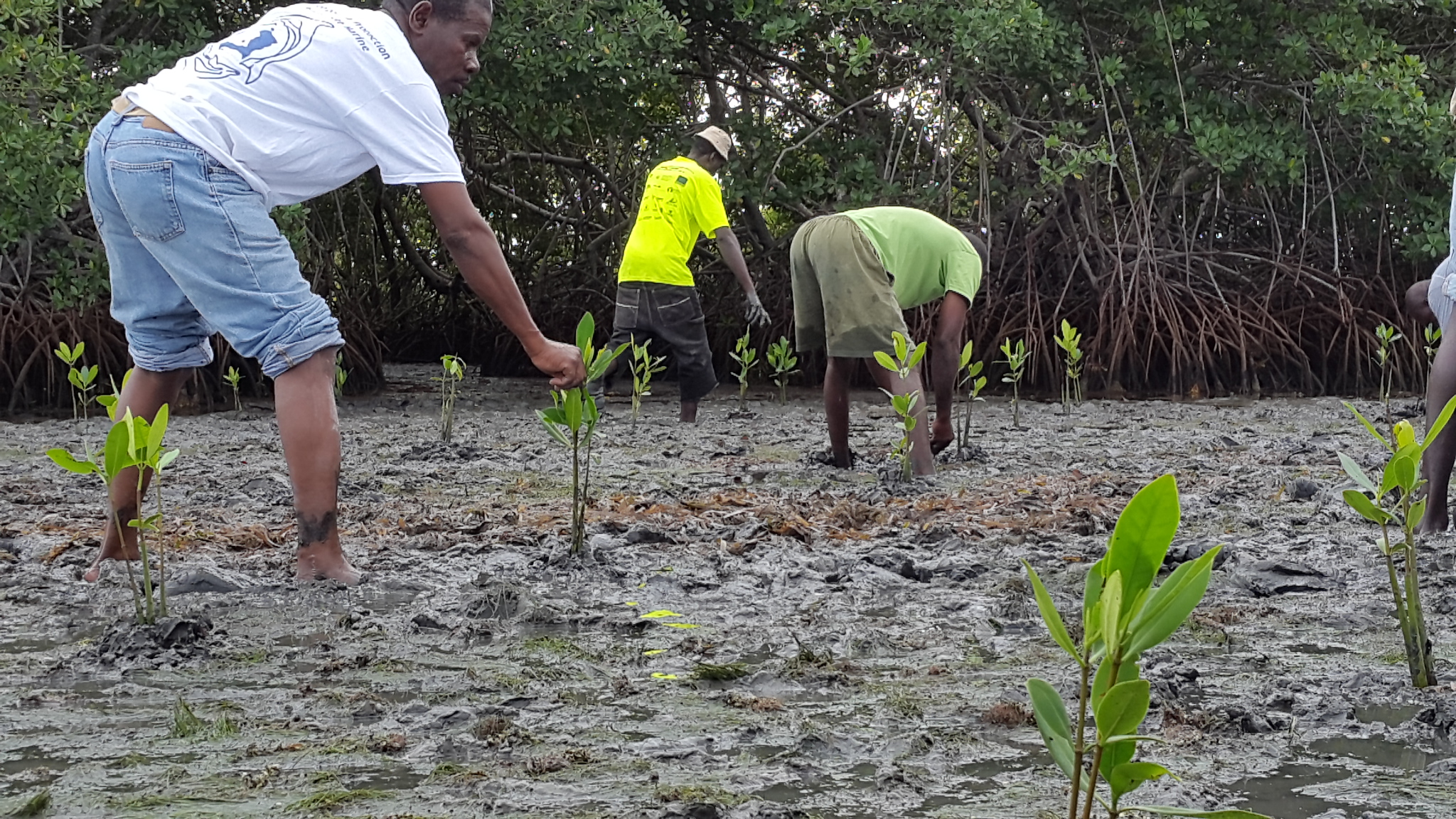
Fondation pour la Protection de la Biodiversité Marine (FoProBiM): Enabling co-management of the Three Bays (3Bays) Marine Protected Area, Haiti through civil society leadership
This case study aims to enhance knowledge about innovations and best practices currently being utilised by civil society organisations (CSOs) and their partners in the Caribbean that can be applied to support conservation, restoration and sustainable use of coastal and marine resources in marine protected areas (MPAs) and marine managed areas (MMAs). It has been developed under the regional project ‘Powering Innovations in Civil Society and Enterprises for Sustainability in the Caribbean’ (PISCES) which is being funded by the European Union EuropeAid programme and implemented over a three-year period (2017 to 2020). PISCES is taking place in ten countries: Antigua and Barbuda; The Bahamas; Dominica; Grenada; Haiti; Jamaica; Saint Kitts and Nevis; Saint Lucia; Saint Vincent and the Grenadines; and Trinidad and Tobago.
Author: Weiner, J.
Year: 2019
Keywords:
 4
4


 Report issue
Report issue
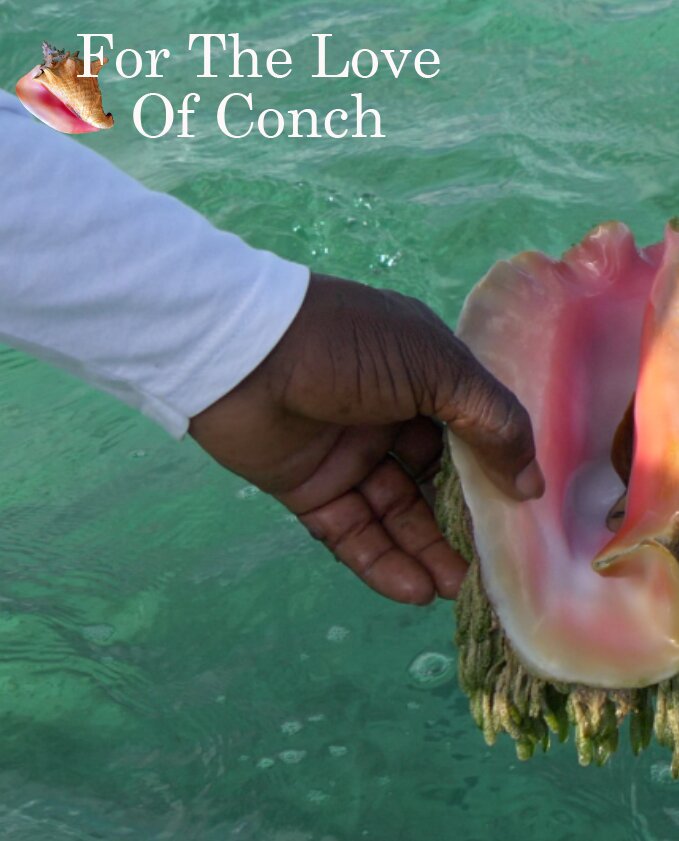
For The Love of Conch – Short Form Video
This is Short Form of the 25 minute educational documentary that will show how this colorful mollusk is the jewel of the Bahamas archipelago. The film will depict how this creature has become an endangered species in the wider Caribbean due to over harvesting. For the Love of Conch will reveal the unique life story of the beautiful Queen Conch and show the basic biology, reproduction, and behavior of this age-old creature found in 16 Caribbean nations.
Author: BREEF/ The Bahamas National Trust
Year: 2018
Keywords:
 7
7


 Report issue
Report issue
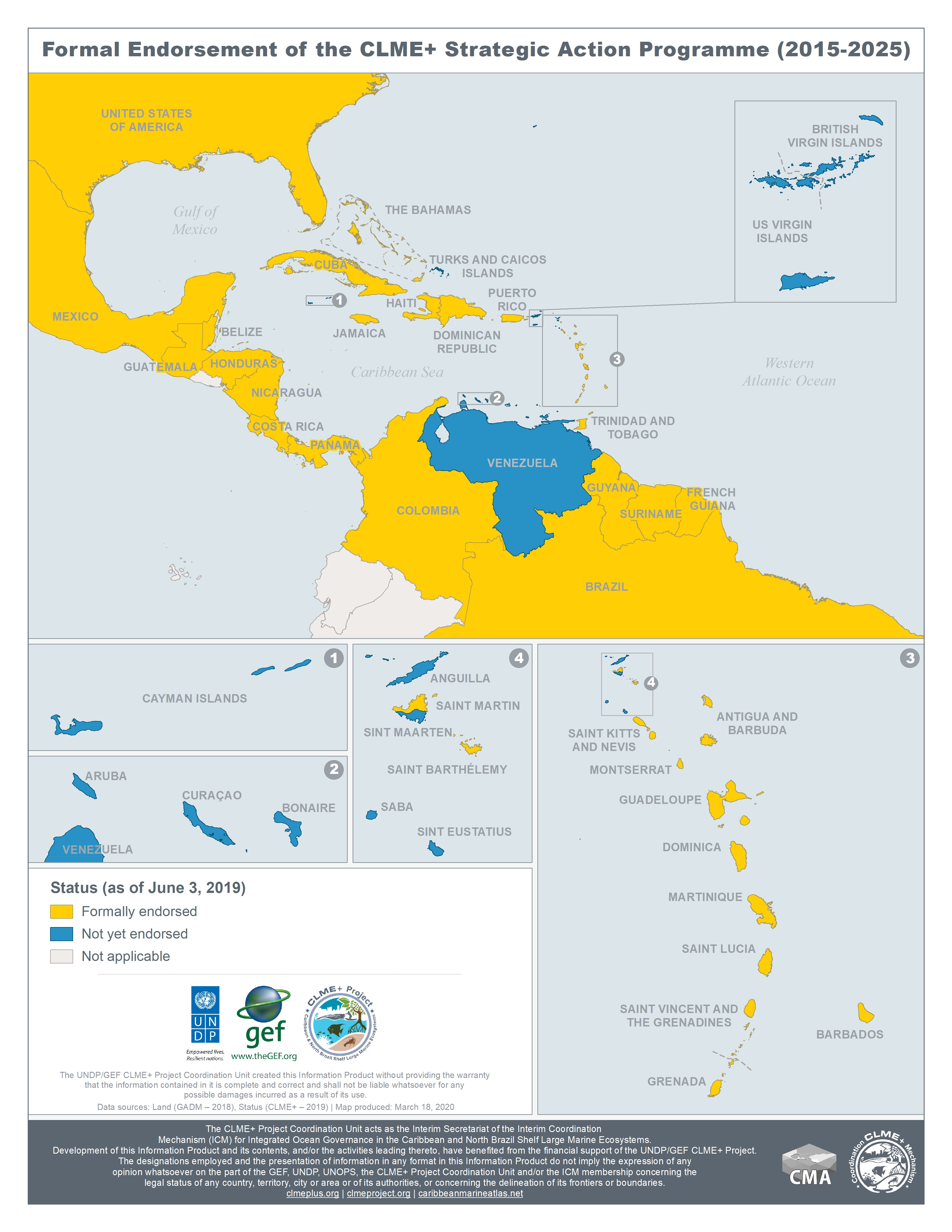
Formal endorsement of the CLME+ Strategic Action Programme (2015 – 2025)
CLME+ SAP: A 10-year Strategic Action Programme (SAP) for the sustainable management of shared Living Marine Resources in the Caribbean and North Brazil Shelf Large Marine Ecosystems (CLME+ region). By June 3rd 2019, the CLME+ SAP had been politically endorsed by a total of 35 Ministers representing 25 countries and 6 overseas territories: Antigua & Barbuda, Bahamas, Barbados, Belize, Brazil, Colombia, Costa Rica, Cuba, Dominica, Dominican Republic, France (with 6 overseas territories in the CLME+ region), Grenada, Guatemala, Guyana, Haiti, Honduras, Jamaica, Mexico, Montserrat (UK overseas territory), Nicaragua, Panama, St. Kitts & Nevis, Saint Lucia, St. Vincent & the Grenadines, Suriname, Trinidad and Tobago, the United States of America.
Author: CLME+ PCU
Year: 2019
Keywords:
 18
18
 2
2

 Report issue
Report issue

Fourteenth session of the IOC Sub-Commission for the Caribbean and Adjacent Regions (IOCARIBE-XIV), Cartagena, Colombia, 26-28 April 2017: executive summary report
In accordance with Rule of Procedure 48.3, IOCARIBE, as a primary Subsidiary Body of IOC, is required to report to an IOCGoverning Body on its sessions.
The IOC Assemblyat its 29thSession (UNESCO, Paris, 21–29 June 2017) will be invited to consider the Executive Summaryas presented in theAction Paper (IOC-XXIX/2Prov.) and by the Chairman of the Sub-commission in plenary as well as the recommendations contained in this document.
Author: IOCARIBE-IOC
Year: 2017
Keywords:
 4
4


 Report issue
Report issue
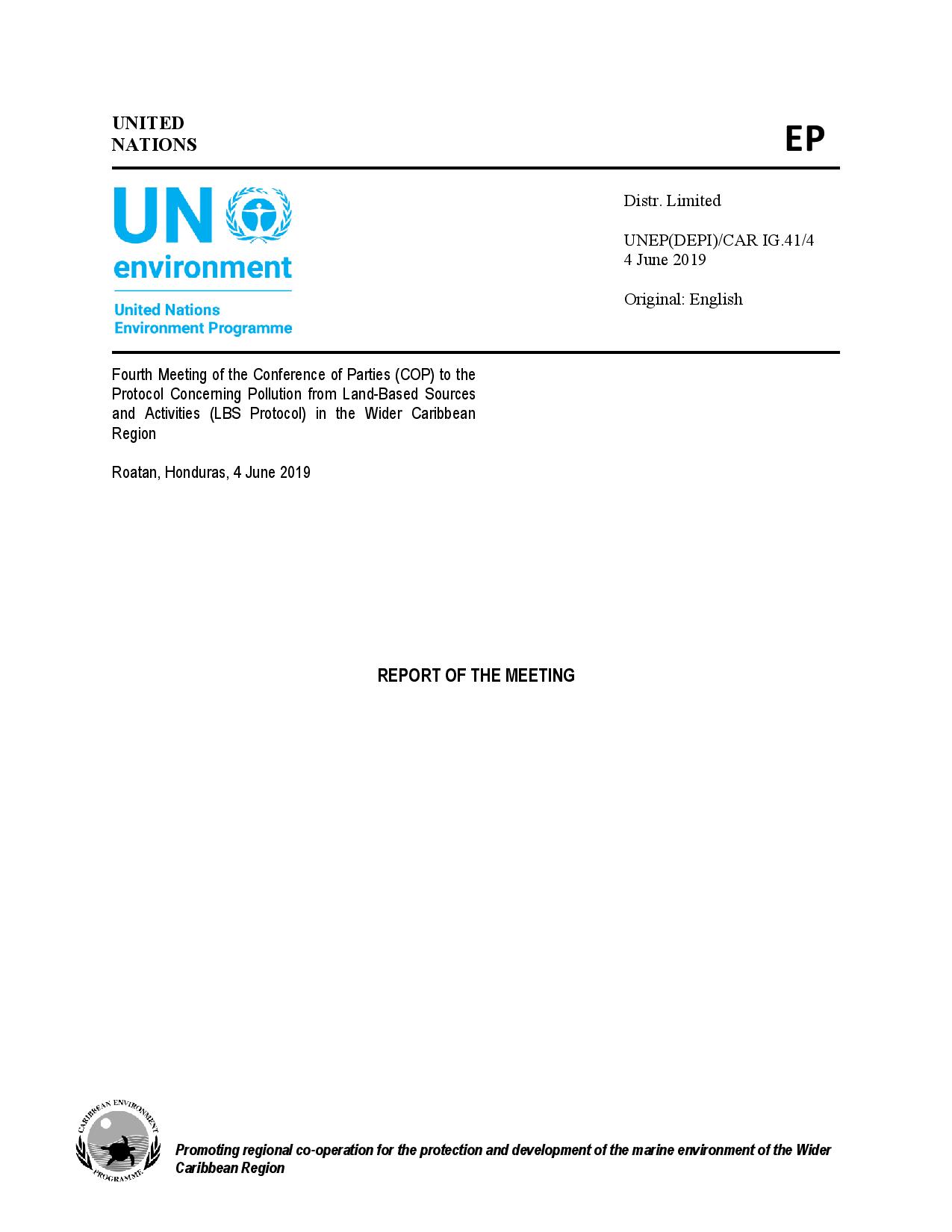
Fourth Meeting of the Conference of Parties (COP) to the Protocol Concerning Pollution from Land-Based Sources and Activities (LBS Protocol) in the Wider Caribbean Region: Report of The Meeting
Author: UNEP CEP
Year: 2019
Keywords: LBS SOCAR Working Group
 7
7


 Report issue
Report issue
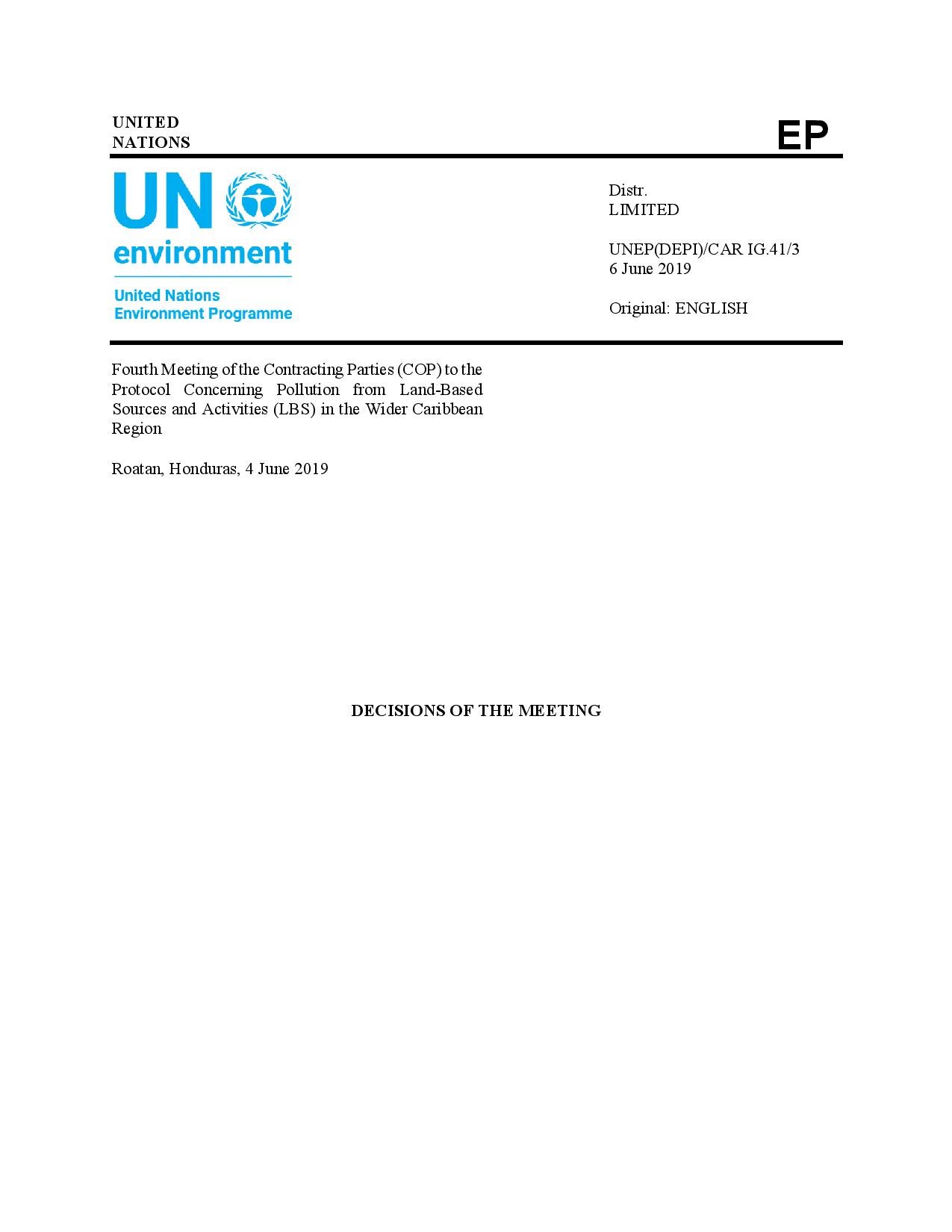
Fourth Meeting of the Contracting Parties (COP) to the Protocol Concerning Pollution from Land-Based Sources and Activities (LBS) in the Wider CaribbeanRegion: Decisions of The Meeting
Author: UNEP CEP
Year: 2019
Keywords: LBS SOCAR Working Group
 4
4


 Report issue
Report issue
Fourth Meeting of the Scientific, Technical and Advisory Committee (STAC) to the Protocol Concerning Pollution from Land-based Sources and Activities in the Wider Caribbean.
Author: UNEP CEP
Year: 2018
Keywords: Forth Meeting LBS STAC pollution
 6
6


 Report issue
Report issue
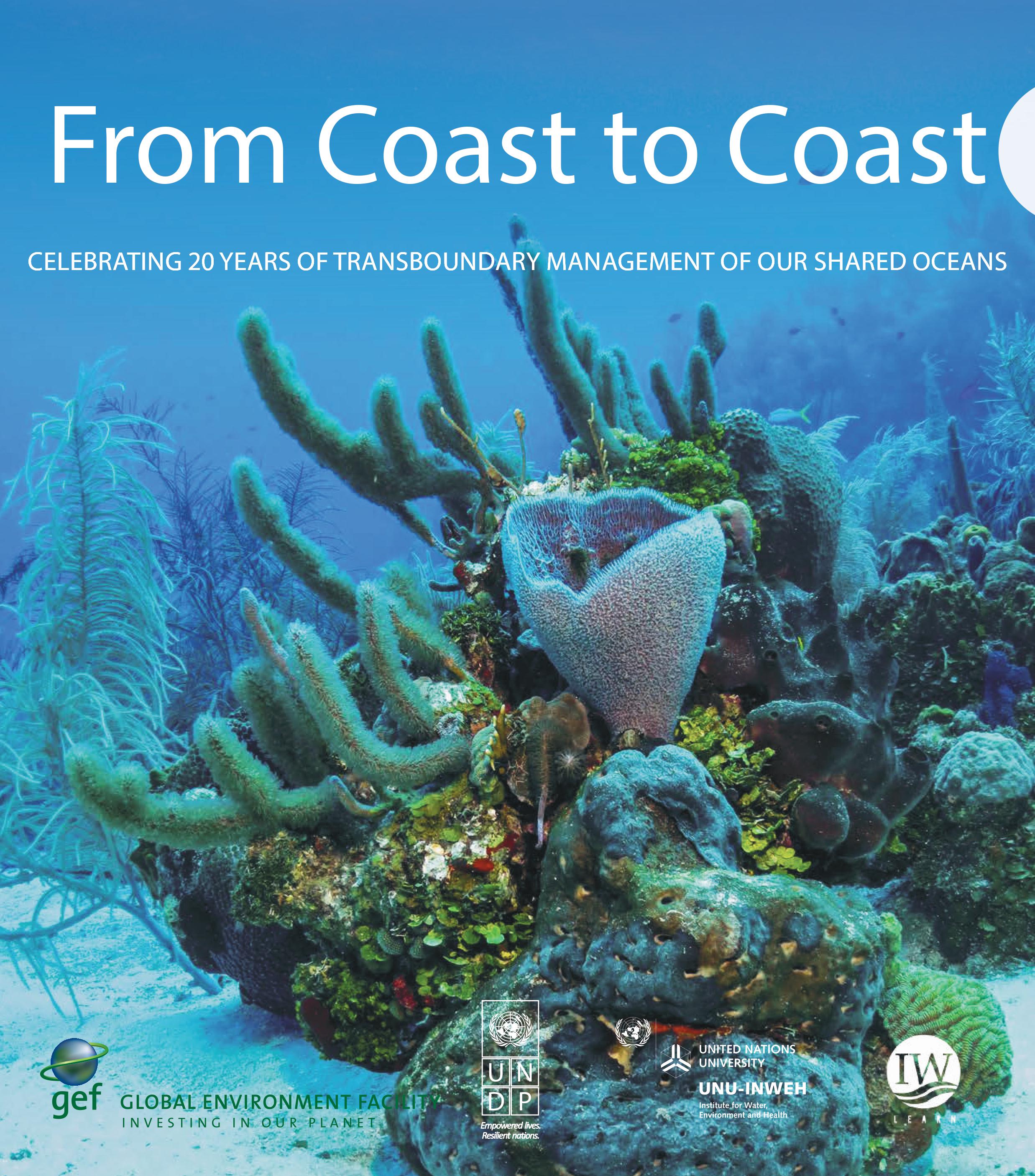
From Coast to Coast – Celebrating 20 years of Transboundary Management of Our Shared Oceans
Covering over 70% of the planet, our oceans have tremendous economic, social and ecological value. They provide over US$1 trillion annually to the world economy in market goods and services and many times that in non-market amenities. Services provided by marine ecosystems include food security, tourism opportunities, carbon sequestration and coastal protection.
Recognizing the critical need for global action to ensure the sustainability of our oceans, the Global Environment Facility (GEF) has provided tremendous support to ocean governance. Since its establishment over 24 years ago, the GEF, the largest investor in transboundary water cooperation, has financed over US$1.5B in grants to over 170 states.
This publication highlights how the GEF has worked with partners to improve ocean governance by working across nations to promote ecosystem-based approaches to fisheries and other marine and coastal resources, protect coastal habitats from land based sources of pollution, and catalyze the formation of country driven, country owned and — ultimately — country financed regional institutional frameworks.
Author: GEF
Year:
Keywords: marine habitats
 5
5


 Report issue
Report issue
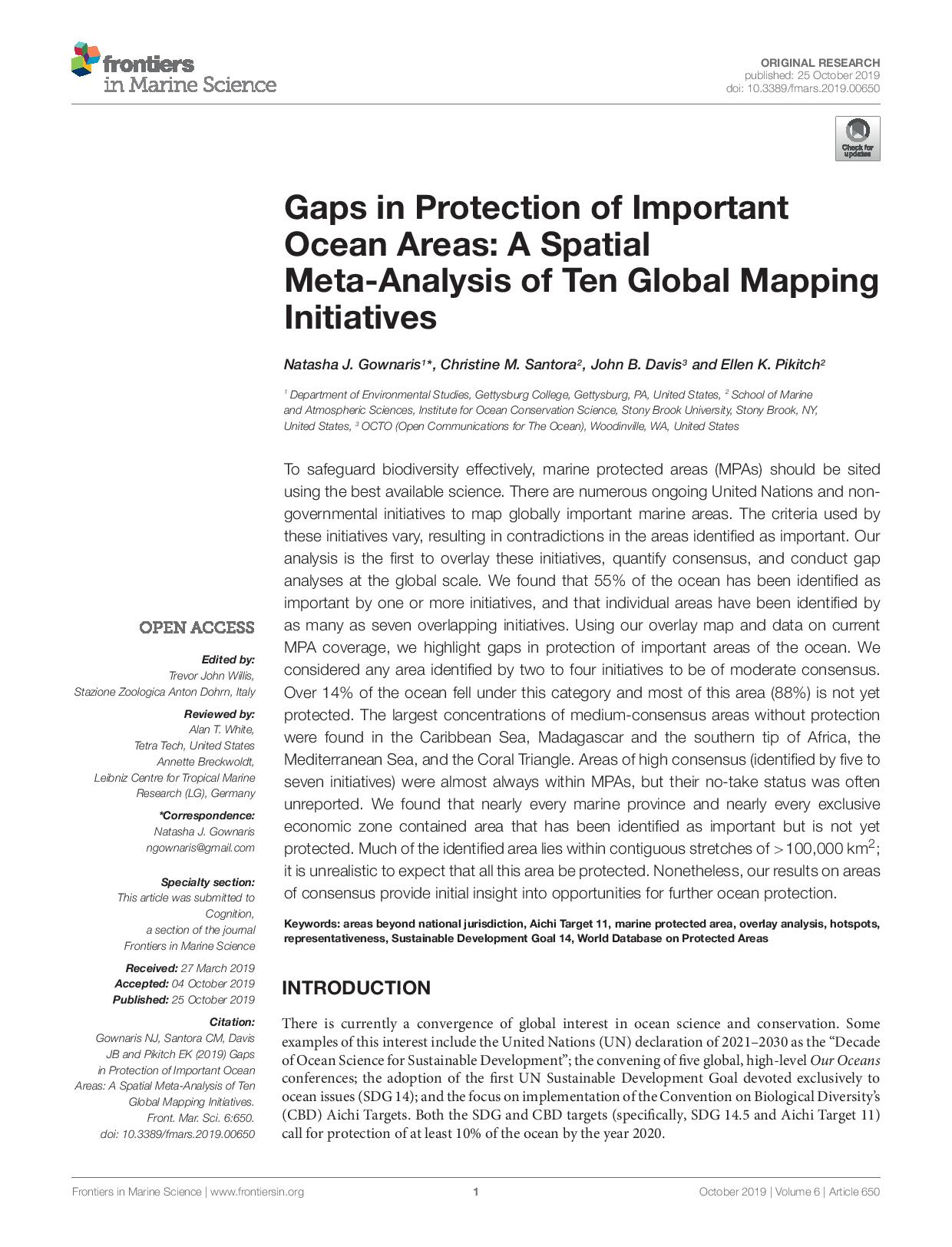
Gaps in Protection of Important Ocean Areas: A Spatial Meta-Analysis of Ten Global Mapping Initiatives
To safeguard biodiversity effectively, marine protected areas (MPAs) should be sited using the best available science. There are numerous ongoing United Nations and nongovernmental initiatives to map globally important marine areas. The criteria used by these initiatives vary, resulting in contradictions in the areas identified as important. Our analysis is the first to overlay these initiatives, quantify consensus, and conduct gap analyses at the global scale. We found that 55% of the ocean has been identified as important by one or more initiatives, and that individual areas have been identified by as many as seven overlapping initiatives.
Author: Gownaris, N., Santora, C., Davis, J. and Pikitch, E.
Year: 2019
Keywords: biodiversity, fisheries, marine habitats
 4
4


 Report issue
Report issue
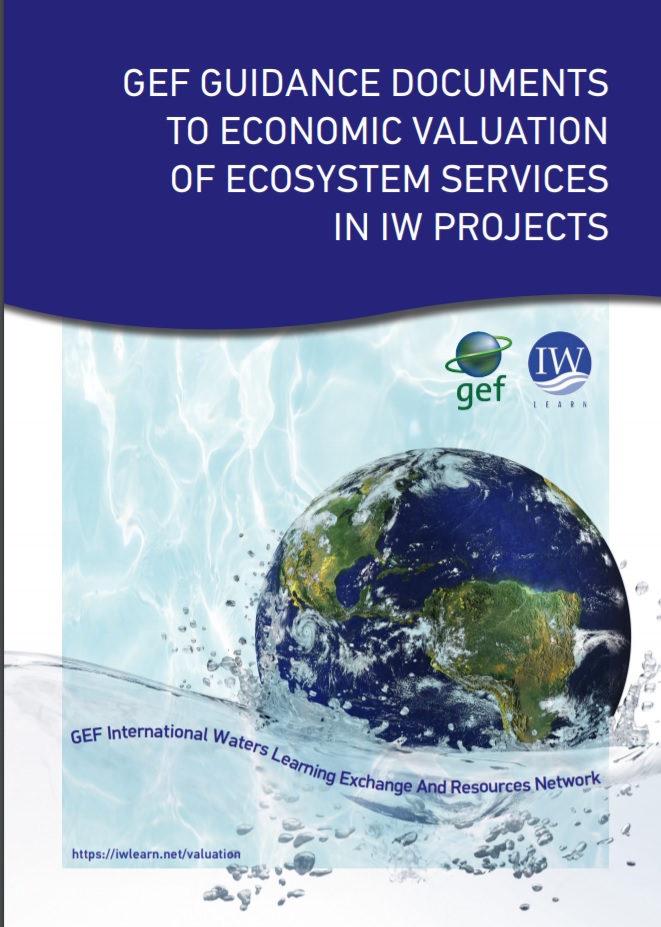
GEF Guidance Documents to Economic Valuation of Ecosystem Services
The Guidance Document is a reference source and a guide for GEF IW projects and contains step-by-step guidance on the economic valuation of ecosystem services of inland and marine “wet” ecosystems, with a focus on easily applicable and pragmatic valuation approaches. The guidance is usable for both screening and in-depth analyses, and supports the stepwise process leading from Transboundary Diagnostic Analysis (TDA) to the Strategic Action Programme (SAP).
Besides, the Guidance Document contains templates for reports, ToRs for experts to support the valuation work, a checklist for the valuation itself, and a full set of training materials including exercises for a better understanding of crucial steps in the economic valuation methodologies.
Author: GEF
Year:
Keywords:
 9
9


 Report issue
Report issue










